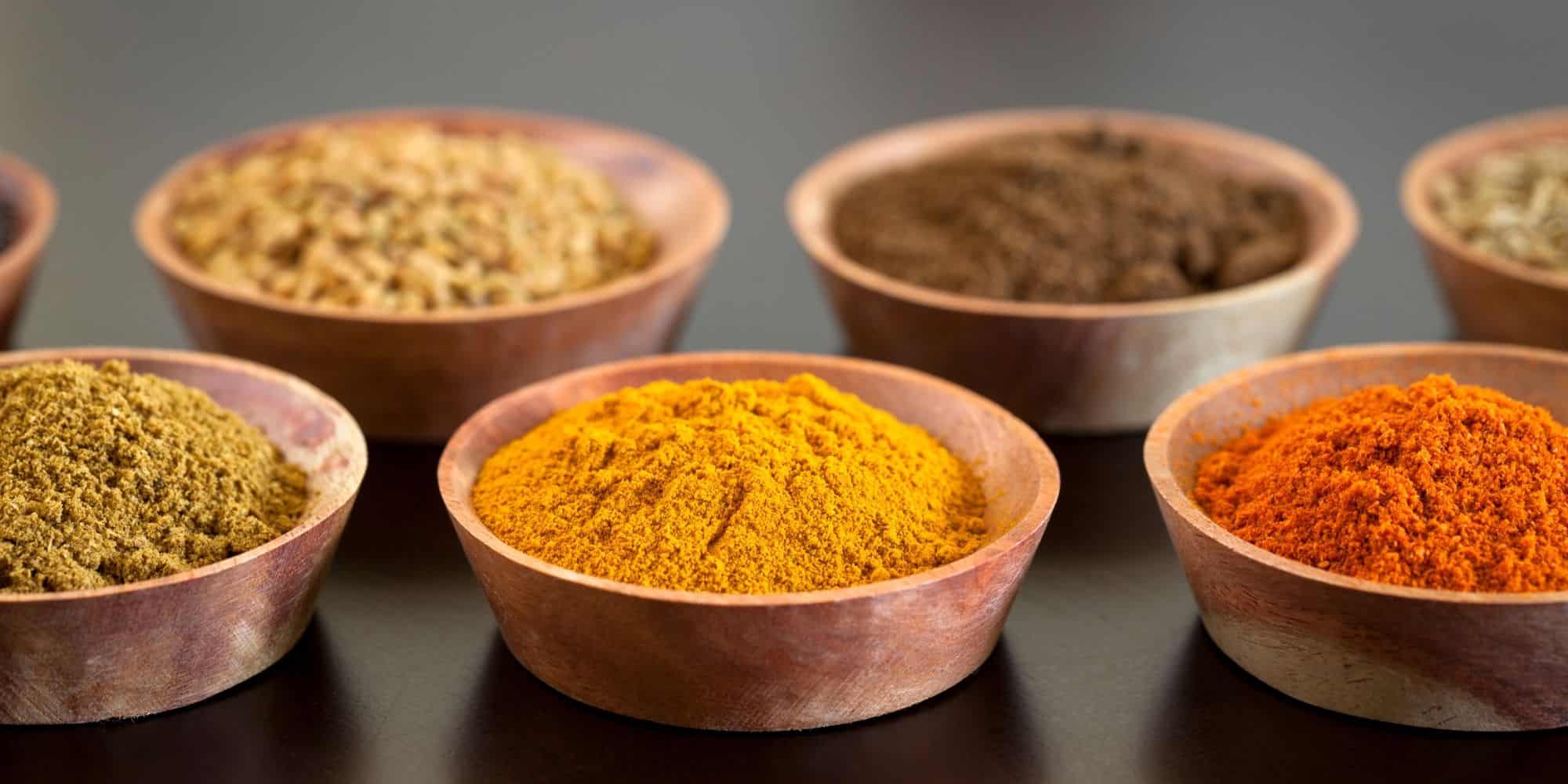Magnesium is one of the most essential minerals your body needs to function properly. It plays a role in muscle and nerve function, bone health, heart health, and even mental well-being. Despite its importance, many people don’t get enough magnesium from their diet.
A deficiency in magnesium can lead to fatigue, muscle cramps, irregular heartbeat, and even mood disorders like anxiety and depression. The daily recommended intake of magnesium varies by age and gender, but for most adults, it’s around 310–420 mg per day.
If you’re looking to improve your magnesium intake naturally, here are 25 foods that are packed with this essential mineral!
Health Benefits of Magnesium
Supports Muscle and Nerve Function
Magnesium plays a key role in muscle contractions and nerve function. It helps prevent cramps, spasms, and even nerve-related disorders.
Promotes Heart Health
Magnesium helps regulate heartbeat and blood pressure, reducing the risk of heart disease and stroke.
Helps Maintain Bone Strength
About 60% of the body’s magnesium is stored in the bones. It works alongside calcium and vitamin D to keep bones strong and prevent osteoporosis.
Aids in Blood Sugar Control
Magnesium helps regulate blood sugar levels and improves insulin sensitivity, making it an important mineral for people with diabetes.
Improves Sleep Quality
If you struggle with insomnia, magnesium can help relax your muscles and calm your nervous system, leading to better sleep.
Reduces Stress and Anxiety
Magnesium plays a role in brain function and mood regulation. Low levels have been linked to increased stress and anxiety.
Related: Check Health Benefits of Alasa Fruit: African Star Apple
25 Magnesium-Rich Foods to Include in Your Diet
Nuts and Seeds
- Almonds
A handful of almonds provides about 76 mg of magnesium, making them a great snack for a quick boost. - Cashews
Cashews contain around 83 mg of magnesium per ounce, along with healthy fats and protein. - Pumpkin Seeds
These are one of the richest sources of magnesium, with about 168 mg per ounce. - Chia Seeds
Loaded with fiber and omega-3s, chia seeds provide around 95 mg of magnesium per ounce. - Flaxseeds
Flaxseeds offer around 54 mg of magnesium per tablespoon.
Leafy Greens
- Spinach
One cup of cooked spinach contains about 157 mg of magnesium. - Kale
This superfood provides a good amount of magnesium, along with vitamin C and antioxidants. - Swiss Chard
One of the best greens for magnesium, with about 150 mg per cup.
Whole Grains
- Quinoa
A cup of cooked quinoa contains around 118 mg of magnesium. - Brown Rice
A great alternative to white rice, brown rice provides about 86 mg per cup. - Oats
Oats are a great way to start the day with about 57 mg of magnesium per cup.
Legumes
- Black Beans
One cup of cooked black beans has about 120 mg of magnesium. - Lentils
Lentils provide about 71 mg of magnesium per cup. - Chickpeas
A cup of cooked chickpeas offers around 79 mg of magnesium.
Fruits
- Bananas
One medium banana contains around 32 mg of magnesium. - Avocados
A single avocado has about 58 mg of magnesium. - Figs
Figs are a great natural source, offering about 50 mg of magnesium per serving.
Dairy Products
- Yogurt
A cup of plain yogurt contains around 30 mg of magnesium. - Milk
Milk provides about 24 mg of magnesium per cup.
Fish and Meat
- Salmon
A serving of salmon contains about 53 mg of magnesium. - Mackerel
Another magnesium-rich fish, mackerel offers about 97 mg per serving. - Chicken Breast
While not as high as plant-based sources, chicken breast contains about 22 mg per serving.
Dark Chocolate
- Dark Chocolate
A 70–85% dark chocolate bar can provide up to 64 mg of magnesium per ounce.
Related: 20 Health Benefits Of Dates, Side Effects, And Date Recipes
How to Increase Magnesium Intake Naturally
- Add nuts and seeds to salads, smoothies, or yogurt.
- Eat more leafy greens by making salads or blending them into soups.
- Choose whole grains over refined grains.
- Snack on magnesium-rich fruits like bananas and avocados.
Magnesium Deficiency: Symptoms, Advantages, and Disadvantages
Magnesium Deficiency Symptoms
A lack of magnesium in the body, also known as hypomagnesemia, can lead to various health issues. Some common symptoms include:
- Muscle Cramps and Spasms – Magnesium helps muscles relax; a deficiency can cause frequent cramps.
- Fatigue and Weakness – Low magnesium levels can make you feel tired and sluggish.
- Irregular Heartbeat – Magnesium is essential for heart function, and a deficiency may cause palpitations.
- Numbness and Tingling – Nerve dysfunction due to low magnesium can lead to tingling sensations in the hands and feet.
- High Blood Pressure – Magnesium helps regulate blood pressure; deficiency may lead to hypertension.
- Anxiety and Mood Swings – Low levels of magnesium are linked to increased stress, depression, and anxiety.
- Sleep Problems – Magnesium plays a role in relaxation and sleep regulation.
- Weak Bones (Osteoporosis) – Magnesium is important for bone health, and a lack of it can lead to weaker bones.
- Headaches and Migraines – Magnesium deficiency is often associated with frequent headaches.
- Loss of Appetite and Nausea – Early signs of deficiency may include loss of appetite and digestive discomfort.
Advantages of Magnesium
Magnesium is an essential mineral with multiple health benefits. Some key advantages include:
- Boosts Energy Production – Helps in converting food into energy.
- Supports Heart Health – Helps regulate blood pressure and maintain a steady heartbeat.
- Reduces Muscle Cramps and Pain – Aids in muscle relaxation and recovery.
- Improves Sleep Quality – Helps in relaxation and reduces insomnia symptoms.
- Strengthens Bones – Works with calcium to improve bone density and prevent osteoporosis.
- Enhances Brain Function – Supports memory, focus, and mental clarity.
- Reduces Stress and Anxiety – Plays a key role in regulating mood and reducing stress levels.
- Prevents Migraines – Studies show magnesium can help reduce the frequency and severity of migraines.
- Regulates Blood Sugar Levels – Important for people with diabetes and insulin resistance.
- Supports Immune System – Helps the body fight infections and inflammation.
Disadvantages of Too Much Magnesium
While magnesium is essential, excessive intake (especially from supplements) can cause health issues:
- Diarrhea – High doses can cause loose stools.
- Nausea and Vomiting – Overconsumption can lead to stomach discomfort.
- Low Blood Pressure – Too much magnesium can cause dangerously low blood pressure.
- Irregular Heartbeat – Excessive magnesium can lead to an abnormal heart rhythm.
- Kidney Issues – People with kidney disease may struggle to excrete excess magnesium, leading to toxicity.
- Lethargy and Confusion – Too much magnesium may cause mental sluggishness.
- Breathing Difficulties – In extreme cases, magnesium overdose can cause respiratory problems
Related: Health Benefits Of Strawberry: See Uses And History
Frequently Asked Questions
What is the best way to get enough magnesium daily?
Eating a balanced diet with nuts, seeds, whole grains, and leafy greens
Can magnesium help with anxiety?
Yes, magnesium has been shown to reduce stress and anxiety levels.
What happens if I consume too much magnesium?
High doses can cause digestive issues like diarrhea.









